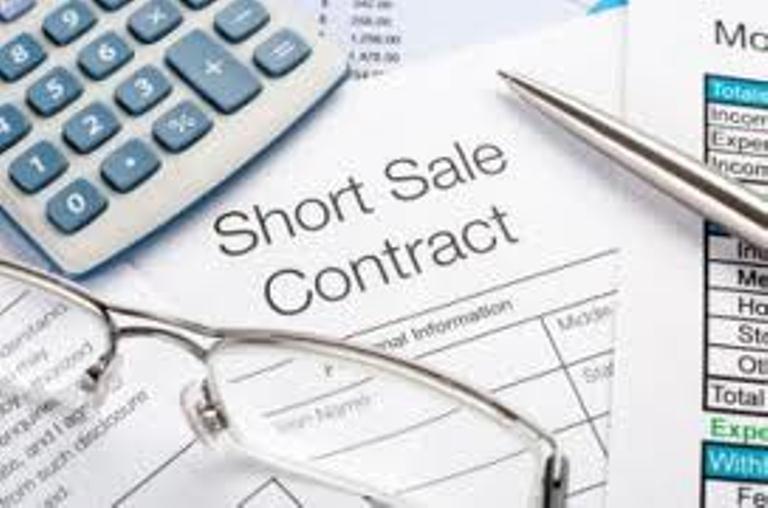Seems like it has been a long time since sellers were in the driver’s seat in the real estate market, but it is officially a “SELLER’S MARKET.” Not only is it a seller’s market, but we are seeing an inventory shortage like none ever seen in our market. This coupled with high buyer demand is making this a great time to sell.
That being said there are some trends developing that seller’s should be aware of in order either maximize their proceeds in an traditional equity position sale or to get the highest net proceeds in a short sale.
TRADITIONAL SALES. If you have equity in your home and are listing with an agent you should be demanding full exposure of your property to ALL buyers in the market via the Multiple Listing Service (MLS). We are seeing agents convince sellers to sign an MLS Waiver and delaying the property’s exposure via MLS to ALL buyers. Why are agents doing this? In order to double end (represent both buyer and sellers to collect all the commission) a transaction or give agent’s in their office a head start with offers on the property. The question is did the agent get you the “highest and best” offer for your property? If the property had been exposed to ALL buyers via MLS would you have received multiple offers and have the chance to receive an offer over the asking price. It’s hard to say and leaves you to wonder if you are leaving money on the table?
SHORT SALES – In many cases, especially for primary residences, the seller of a short sale is somewhat unconcerned about the offer amount received as the final decision is often up to the bank. If the listing agent is encouraging you to sign an MLS Waiver so that they can get the buyer and have “more control” over the short sale transaction this could lead to trouble down the road. Many banks “require” the property to be marketed in MLS immediately upon listing. You should ask your agent if your lien holder requires this. In addition, if by not exposing your property to ALL buyers you may not receive an offer high enough for the bank to accept. This could lead to a lengthier short sale as your initial buyer may walk if the bank comes back with counter offer higher that your offer price. Short sales take long enough. Don’t risk a counter by the bank, get the highest offer possible on your property.
The banks have used a strategy for years to get the “highest and best” offer on a property. Perhaps you should discuss with your agent that you would also like to use this strategy. Basically when a bank puts a property on the market there is a period of 5-7 days when offers are not reviewed. This allows all the buyers interested in the property time to see the property and put their offer together. Once that period passes all offers are then reviewed. The bank will either accept one of the offers or respond to all buyer asking for their “highest and best” offer. Given current market conditions and the speed with which things are selling, doesn’t it make sense to maximize the buyer’s offer amount and not leave money on the table?


